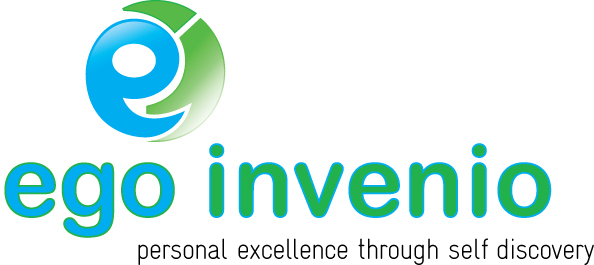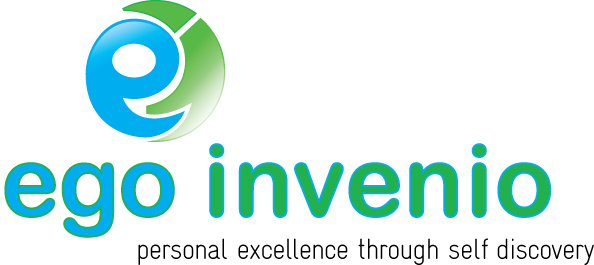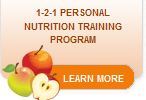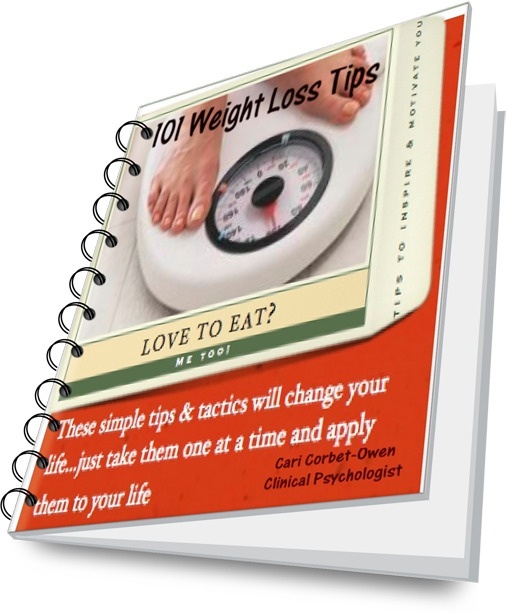Lose Weight > Question and Answer > Nutrition Dieting > Diet of bread + water + soy beans + vitamin supplements
Diet of bread + water + soy beans + vitamin supplements
Question
Is it possible to have a completely healthy daily diet consisting solely of the following:
A few pieces of bread (mainly for the carbs) with some butter (for some fat) and maybe a bit of salt (for some sodium)
8 cups of water
vitamin supplements, including extra strength Tums (80% DV Calcium) and potassium
1 cup Seapoint Farms Dry Roasted Edamame (or equivalent)
1/4 cup of the edamame provides the following:
4g (6%) total fat
0.5g (4%) saturated fat
150mg (6%) sodium
10g (3%) total carbohydrates
8g (34%) dietary fiber
1g sugar
14g (28%) protein
4% calcium
2% vitamin c
10% iron
multiplying by 4 for a full cup means 136% dietary fiber, 112% protein, and 16% calcium
So you'd be getting carbs from the bread, a bit of necessary fats from the butter and edamame, dietary fiber and protein from the edamame, calcium from the Tums and the edamame (and probably the vitamin supplements), and potassium + all the other vitamins from the vitamin supplements. All washed down with water.
Not very tasty, perhaps, but does it work?
Hi,
Nice try! But the question is, does it work for what? Theoretically, if a person ate protein powder, fiber pills, and a multivitamin with iron they would presume to meet their nutritional needs. But, no.
What about minerals, like potassium, sodium, magnesium (not contained in a vitamin pill). What about antioxidants like beta carotene and selenium? What about the micronutrients we do not yet know about that exist in a diet containing a variety of fruits and vegetables and whole grains (such as lutein and resveratrol)?
What about essential fatty acids and vitamin E, that are not found in butter or other animal fats, but in vegetable oils?
(You'll probably find less than 100% of fat soluble vitamins--A, D, E, and K--and folic acid in your supplement).
No, Aryeh, one of the main keys to good nutrition is variety in the diet to assure we get a whole spectrum of nutrients that cannot be mimicked in pills and powders.
Related Articles
-
Thinner hips as a guy
QuestionIm around 170. And have wide hips. Theyre wider than my b
-
when it comes to servings...
Questionwhen it comes to servings ot anything on the food pyramid
-
Bad cholesterol by eating fish skin
QuestionMy mother says that fish skin has good cholesterol and I
-
Specific weight loss
QuestionI am a 24 year old female who has gained at least 10 poun
-
Night eating
QuestionI have an awful time trying not to eat at night. I have c
-
Metabolism during Starvation
QuestionGeorge: Your recent answer to a




